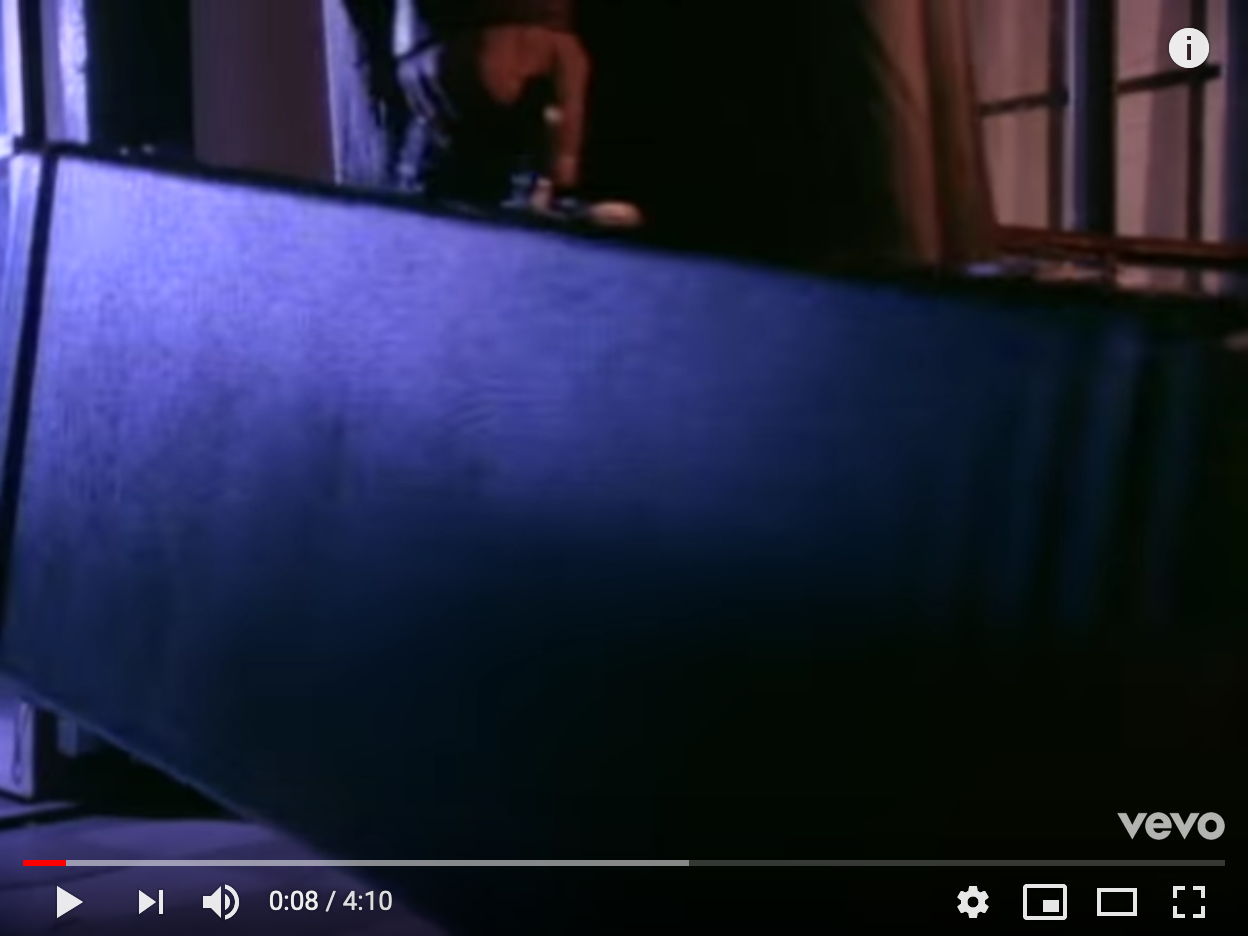
Well, 2020 continues to outperform in its contention for worst year ever. This time it’s on the personal front.
My home office flooded due to a sewer line problem. All the flooring was ruined, and I’m getting an unexpected bathroom remodel. Such fun.
What to do? Well, I decided to take off on a road trip. And while I’m getting some work done, it’s been slow going.
So, let’s keep things brief this week and see what’s interesting from around the interwebs. Plus Trudi has lessons about managing uncertainty from playing poker.
First up, how to deal with bad economic news:
Recession Lessons
We’re not sure what the lasting economic impact of the pandemic will be, because we’re not even out of the first wave (at least in the US). But we do know that people our age are in danger of getting laid off regardless, and getting rehired when things get better may be tough. Elizabeth White shares lessons learned when she became unemployed at midlife during the last recession.
What I Learned in the Recession That Might Help You Now
Lift for Life
New research suggests that strength training is more physiologically intricate than most of us might have imagined, and that our conception of what constitutes strength might be too narrow. Extra incentive to stay strong.
It’s the New Style
Someone who believes they only learn one way might adopt a fixed mindset that inhibits them from learning other ways. In other words, the idea that you have a preferred learning style actually hurts your ability to learn.
Stop “Fixing” Your Brain by Believing in Learning Styles
Just the Facts, Ma’am
“Several studies suggest that individuals widely prefer to remain ignorant about information that would benefit them when it’s painful — and sometimes when it’s pleasurable.”
Why Do People Avoid Facts That Could Help Them?
Non-Empty Nest
I’m okay with my kids boomeranging back home, because that implies that they actually leave at some point. This remains debatable at my house. 😉
The New Boomerang Kids Could Change American Views of Living at Home
Keep going-
P.S. Did someone forward this issue of Further to you? We’d love to have you join us by signing up here.
What Poker Teaches About Playing the Cards You’re Dealt

By Trudi Roth
If your pandemic entertainment strategy involves online poker or introducing Texas hold’em to family game nights, you’re right on the money. Come for the fun, stay for the lessons in unbundling control from chance.
Life delivers both. The trick to acing uncertainty is focusing on how you play, not on outcomes.
This is the contention of psychologist-turned-poker-pro Maria Konnikova. A student of decision-making, she convinced Poker Hall-of-Famer Erik Seidel to mentor her. What started as book research ended in a career change, and firsthand knowledge of how to play the luck of the draw.
Poker and probabilistic thinking
There are a couple of aspects of poker that make it a better source of life lessons than other skill-driven games like chess — particularly when it comes to making smart decisions. Anyone, regardless of ability, can lose with the best hand or win with the worst, depending on the cards you’re dealt with. Laying money down on how well you manage unpredictability reinforces the need to make wise choices.
In his Critique of Pure Reason, the German philosopher Immanuel Kant proposes betting as an antidote to one of the great ills of society: false confidence bred from an ignorance of the probabilistic nature of the world, from a desire to see black and white where we should rightly see gray.
Poker delivers the perfect storm of ambiguity: neither skill nor luck alone takes the pot. Being able to assess probabilities quickly gives you a strategic edge, as does having the grit to accept that even improved odds don’t always play out.
The psychology of poker face
It’s no coincidence that a psychologist looked to poker for insight into human behavior. Similarly, Seidel was willing to take on an amateur who didn’t even know how many cards there were in a deck because he was interested in Konnikova’s insight.
Understanding that each decision “throws off signals,” according to Konnikova, brings in the human factors of attention and responsiveness. Curiosity and continuous questioning of all inputs is the best way to hold your own when committing to a decision, as she points out:
Poker isn’t just about calibrating the strength of your beliefs. It’s also about becoming comfortable with the fact that there’s no such thing as a sure thing — ever. You will never have all the information you want, and you will have to act all the same. Leave your certainty at the door.
The game may be a distraction, but it’s ultimately a masterclass in learning how to direct your attention. Play your cards right, and whether you’re lucky or whether you’re skilled, you’ll win more opportunities — along with the knowledge that your real ace in the hole is persistence.
The Biggest Bluff: How I Learned to Pay Attention, Master Myself, and Win by Maria Konnikova (Amazon)
further: flashback

Stevie Ray Vaughan – Crossfire
In Step, 1989
One of the undoubtedly great things about Austin, Texas in the 80s was Stevie Ray Vaughn. And even at the turn of the century, you could still hear his influence on the local music scene — a decade after his untimely death. Crossfire was released the year before that fateful helicopter crash, and hit #1 on the charts. (YouTube)
further: sharing
Please forward this issue of Further to a friend. Thank you!
